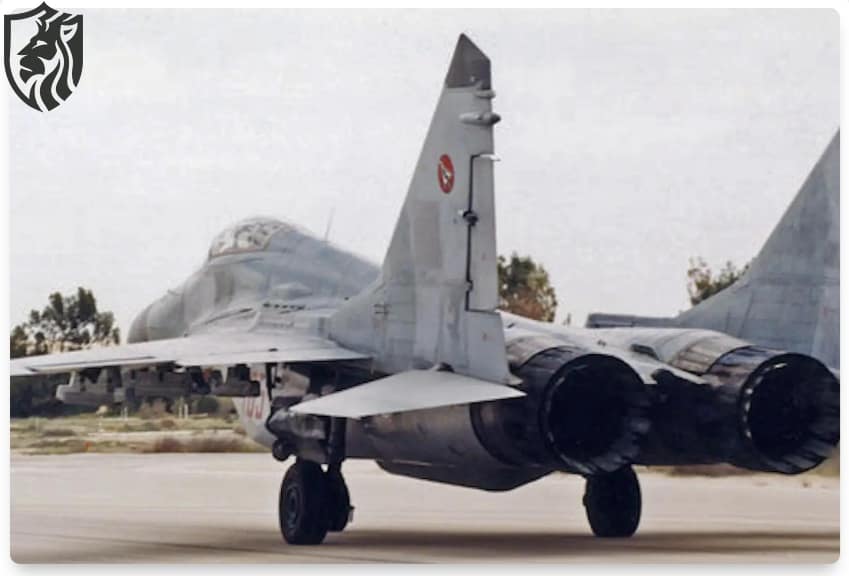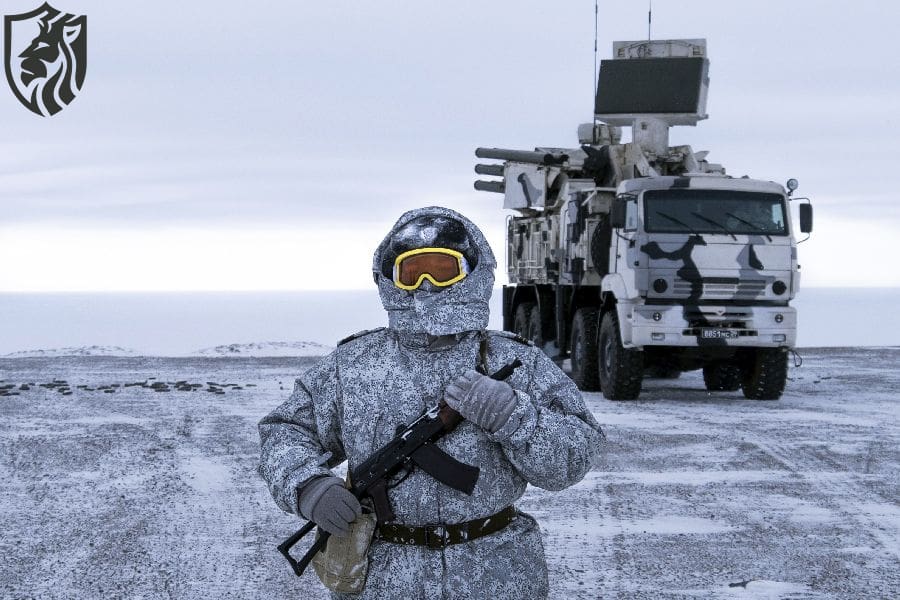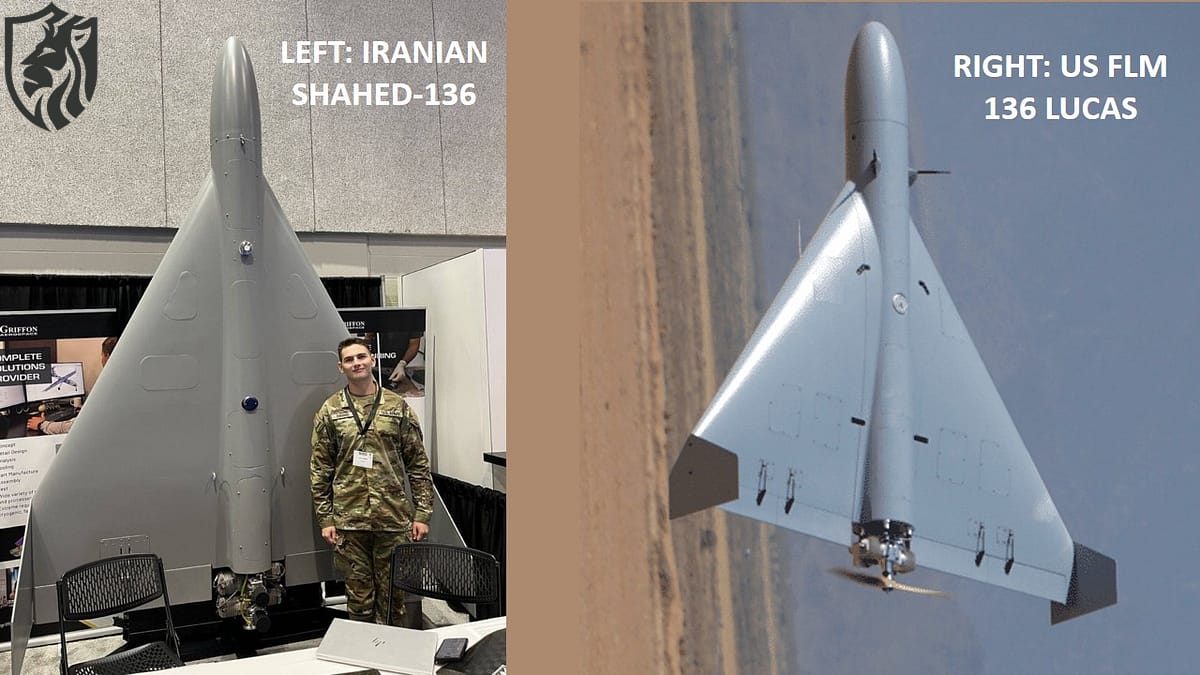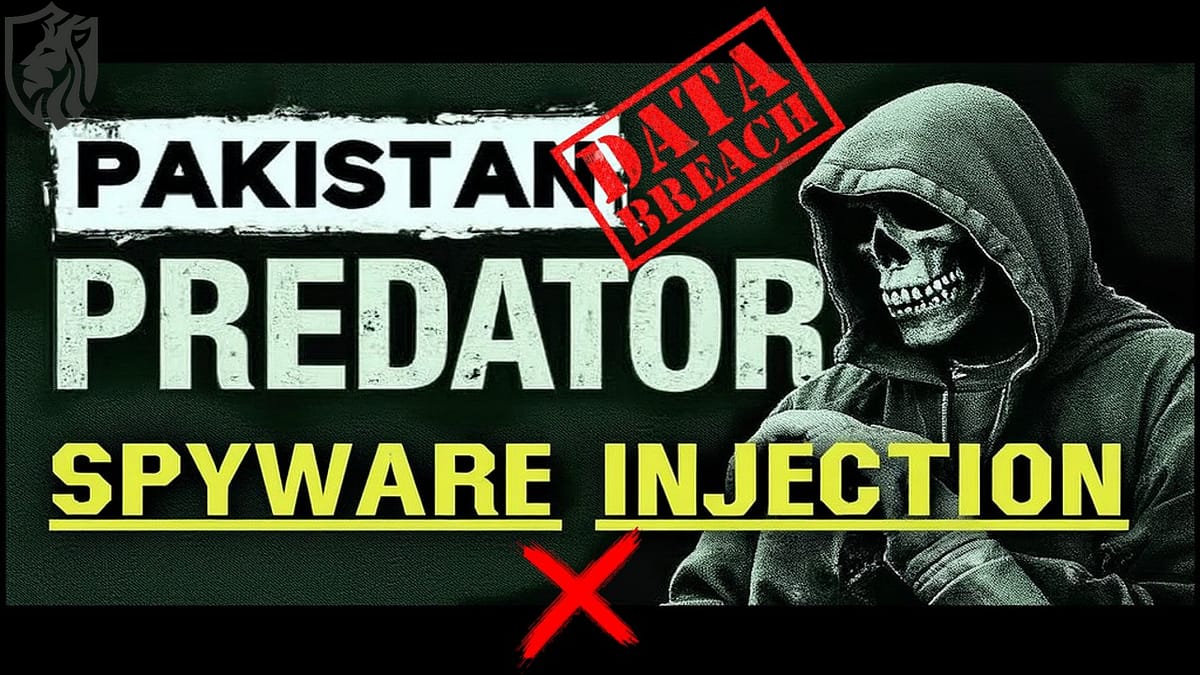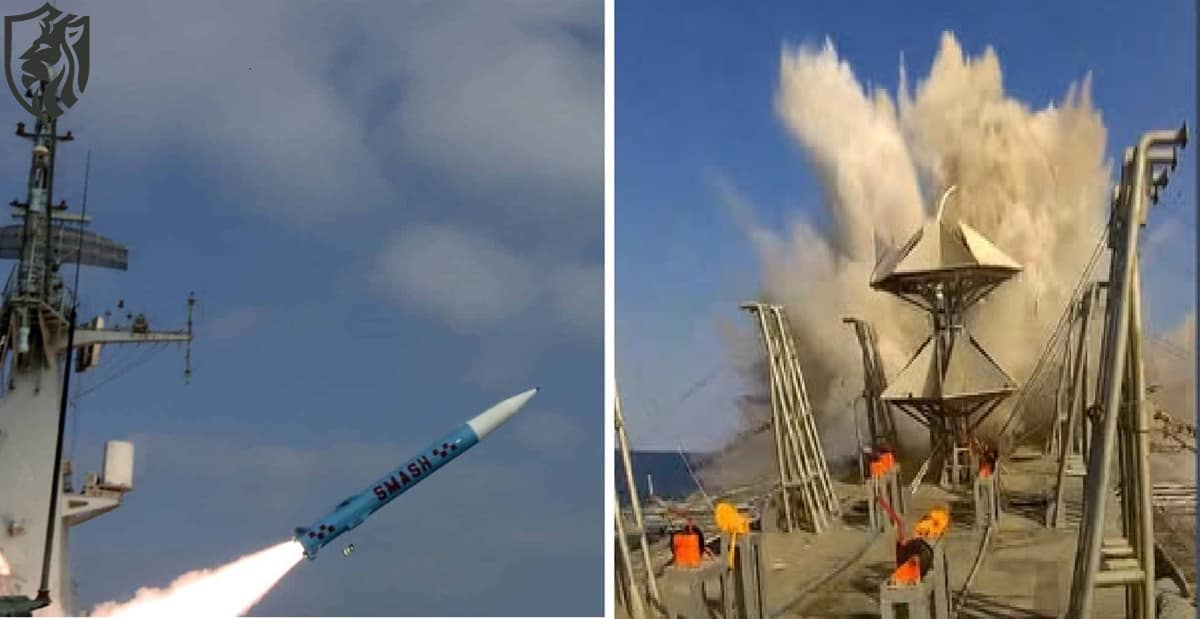
President Zia-ul-Haq played a crucial role in shaping Pakistan’s defense policies. One of the most intriguing yet lesser-known aspects of his tenure is a secret agreement between Pakistan and France. This pact had far-reaching implications, particularly for Pakistan’s nuclear program and its military capabilities.

Pakistan-France Relations: Strategic Foundations
During the late 1970s and 1980s, Pakistan sought advanced military and nuclear technology to strengthen its defense against regional threats, especially from India. France, a leader in nuclear and defense technology, was an ideal partner.
While earlier negotiations on nuclear cooperation had faced setbacks due to international pressure, Zia-ul-Haq pursued covert discussions to secure vital technological support.
The Secret Pact: What Was Agreed?
Reports from declassified documents and former military officials indicate that Pakistan and France reached an understanding in the early 1980s. The key components of this secret pact included:
- Civilian Nuclear Assistance: France provided technical expertise for Pakistan’s nuclear energy sector, indirectly benefiting its nuclear weapons programme.
- Submarine Procurement: The discussion focused on acquiring advanced French submarines to modernise Pakistan’s naval capabilities.
- Air Force Enhancement: The deal included negotiations for Mirage fighter jets and cutting-edge defense systems to strengthen Pakistan’s aerial power.
Western Opposition and Diplomatic Pressure
The United States and Western allies closely monitored Pakistan’s nuclear ambitions. As concerns grew, Washington pressured France to halt its cooperation.
Despite the suspension of official agreements, private firms and clandestine channels continued to provide Pakistan with indirect technical assistance.

Strategic Gains for Pakistan’s Defense
Despite external opposition, the secret agreement bolstered Pakistan’s defense in multiple ways:
- Acceleration of the Nuclear Programme: The knowledge gained from French assistance significantly contributed to Pakistan’s nuclear advancements.
- Enhanced Naval Strength: Advanced submarines improved Pakistan’s maritime security and deterrence capabilities.
- Air Force modernisation: The Mirage aircraft acquisition reinforced Pakistan’s aerial dominance and combat readiness.
- Self-Reliance in Defence: The cooperation encouraged Pakistan to develop indigenous military technology, reducing reliance on foreign suppliers.
Conclusion
The covert pact between Zia-ul-Haq and France remains an essential yet untold chapter in Pakistan’s military history. While shrouded in secrecy, its impact on Pakistan’s defense infrastructure is undeniable.
Zia’s ability to navigate global diplomacy and secure crucial military advancements highlights his strategic vision for Pakistan’s security.
References
- “Pakistan’s Nuclear Quest: The Untold Story”—Dr Pervez Iqbal Cheema
- DefenceNewsToday.info—Ongoing coverage of Pakistan’s military developments
- Pakistan Defense Forum – Analysis of historical and modern defense strategies





